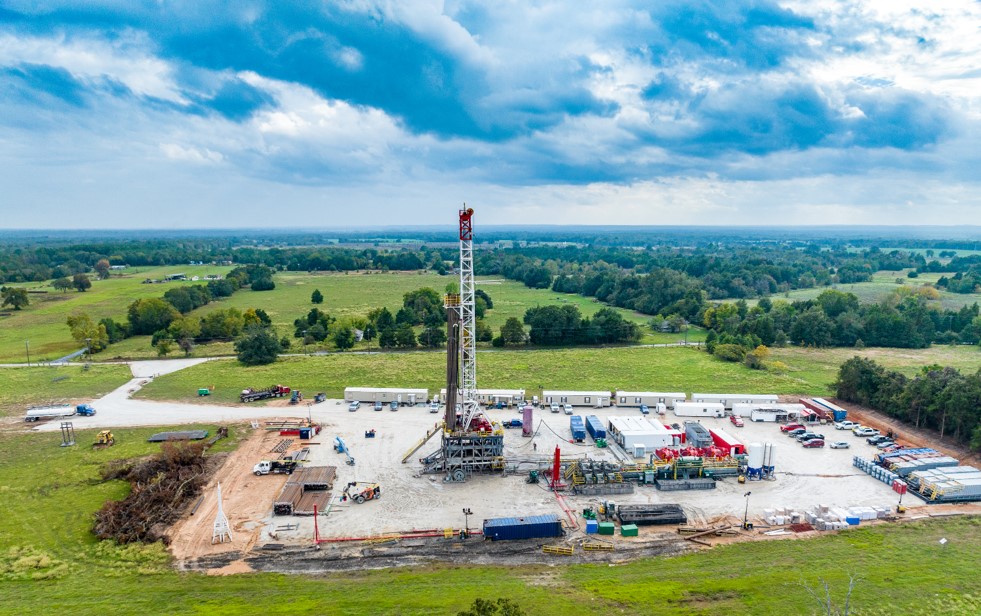Serving Investors and the Environment Alike
TEP would not exist without our long-term partnerships, the kind that grow from proven personal commitment to the highest standards of business conduct and ethics. We believe incorporating and tracking Responsible Investing standards across our business operations and through every stage of an investment generates real value for every stakeholder. From limited partners and their beneficiaries to portfolio companies and their employees, business partners, and out to the communities where we operate, our intelligent, responsible investing creates positive impact, without sacrificing the quality of our investments. TEP’s investment’s are essential catalysts in the Responsible Decarbonization of the global energy industry, promoting:

Decarbonization
Reduce the carbon intensity of the energy industry, while also be stewards of local environments and communities

Reliability
Reliable access to the energy that underpins the needs of our modern lives.

Energy Security
Promote energy security both on a national, and international level, helping to minimize the impacts of geopolitical uncertainty.

Affordability
Enhancing the affordability of services that businesses, and importantly individuals rely on daily.

The TEP Responsible Investing Framework
Every potential investment is screened against TEP’s Responsible Investing framework as part of our holistic value proposition. TEP looks for opportunities that provide a balanced combination of decarbonization, affordability, reliability and energy security, all while strengthening the communities that each investment is a part of.

Prioritizing Health & Safety
We ensure our business and portfolio companies are environmentally responsible and committed to continuous improvement.

Protecting the Planet

Empowering Consumers
